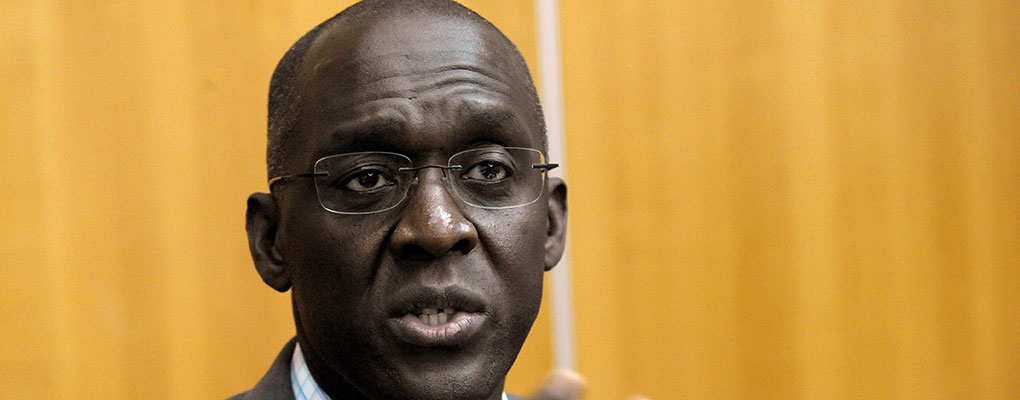
In the lead-up to Paris, the World Bank Group has called for $16.1bn in funding to boost Africa’s resilience to climate shocks. The so-called Africa Climate Business Plan, which consists of protective measures against natural disasters and plans to up renewables share of the energy mix, will be presented in full at COP21, as the organisation looks to make the conversion about much more than emissions.
[T]he World Bank estimates that approximately 43 million people, mostly in Ethiopia, Nigeria, Tanzania, Angola and Uganda, could slip into extreme poverty before 2030 hits
The strategy, according to the World Bank, has been designed to prevent millions from sliding into climate change-induced poverty, and, if successful, should accelerate climate resilience and low carbon development on the continent. The World Bank and the United Nations Environment Programme estimates that the global cost of managing climate resilience will reach $20-50bn per year by the midpoint of the century, with a considerable part set for Africa. However, the level of investment rests on a willingness to act and keep to the 2°C warming target.
“The plan is a ‘win-win’ for all especially the people in Africa who have to adapt to climate change and work to mitigate its impacts,” said the World Bank’s Senior Regional Advisor for Africa, Jamal Saghir. “We look forward to working with African governments and development partners, including the private sector, to move this plan forward and deliver climate smart development.”
Without the measures, the World Bank estimates that approximately 43 million people, mostly in Ethiopia, Nigeria, Tanzania, Angola and Uganda, could slip into extreme poverty before 2030 hits. And though the continent is responsible for only three percent of global emissions, the consequences are disproportionately large.
“The Africa Climate Business Plan spells out a clear path to invest in the continent’s urgent climate needs and to fast-track the required climate finance to ensure millions of people are protected from sliding into extreme poverty,” said the World Bank Group’s Vice President for Africa Makhtar Diop. “While adapting to climate change and mobilizing the necessary resources remain an enormous challenge, the plan represents a critical opportunity to support a priority set of climate-resilient initiatives in Africa.”


